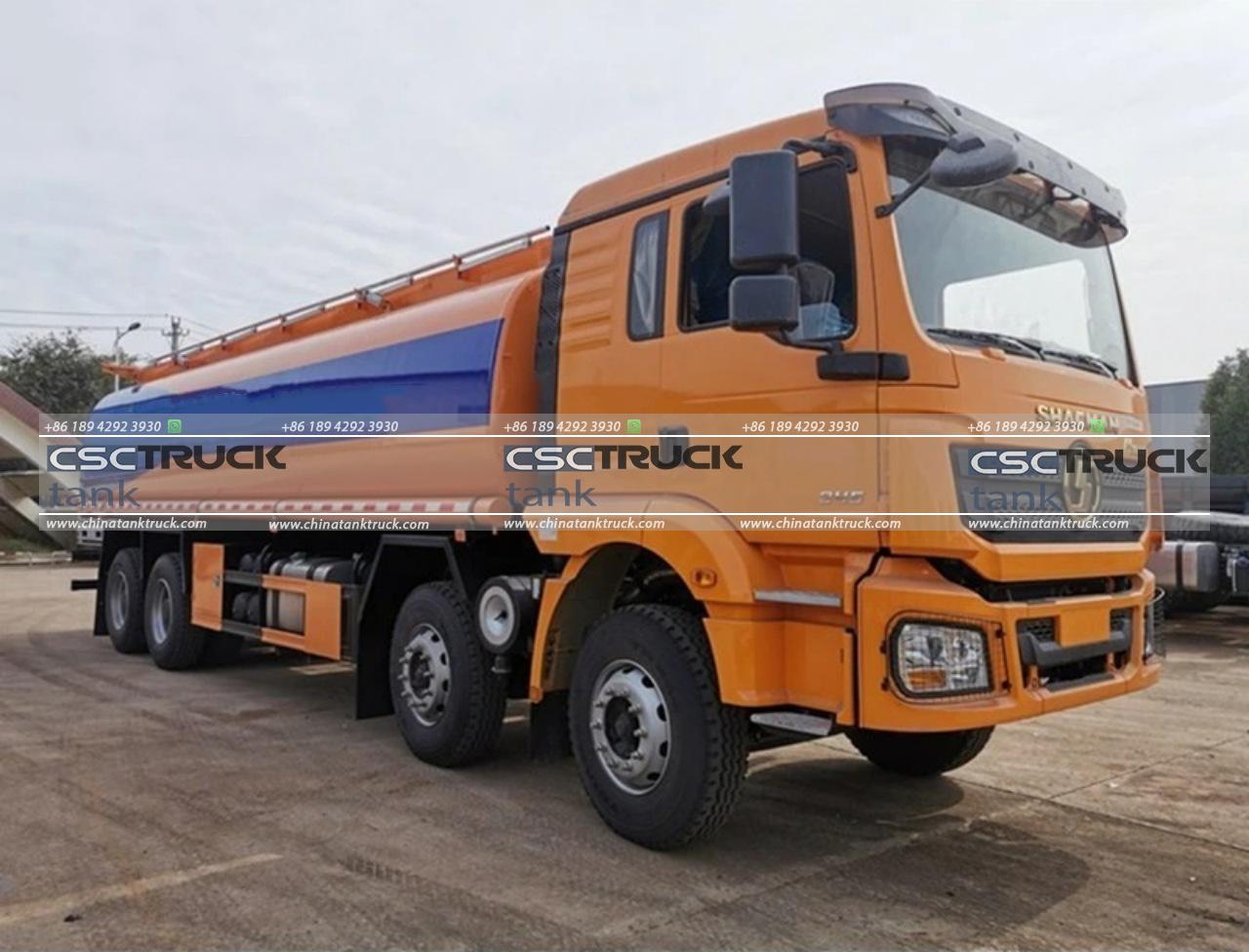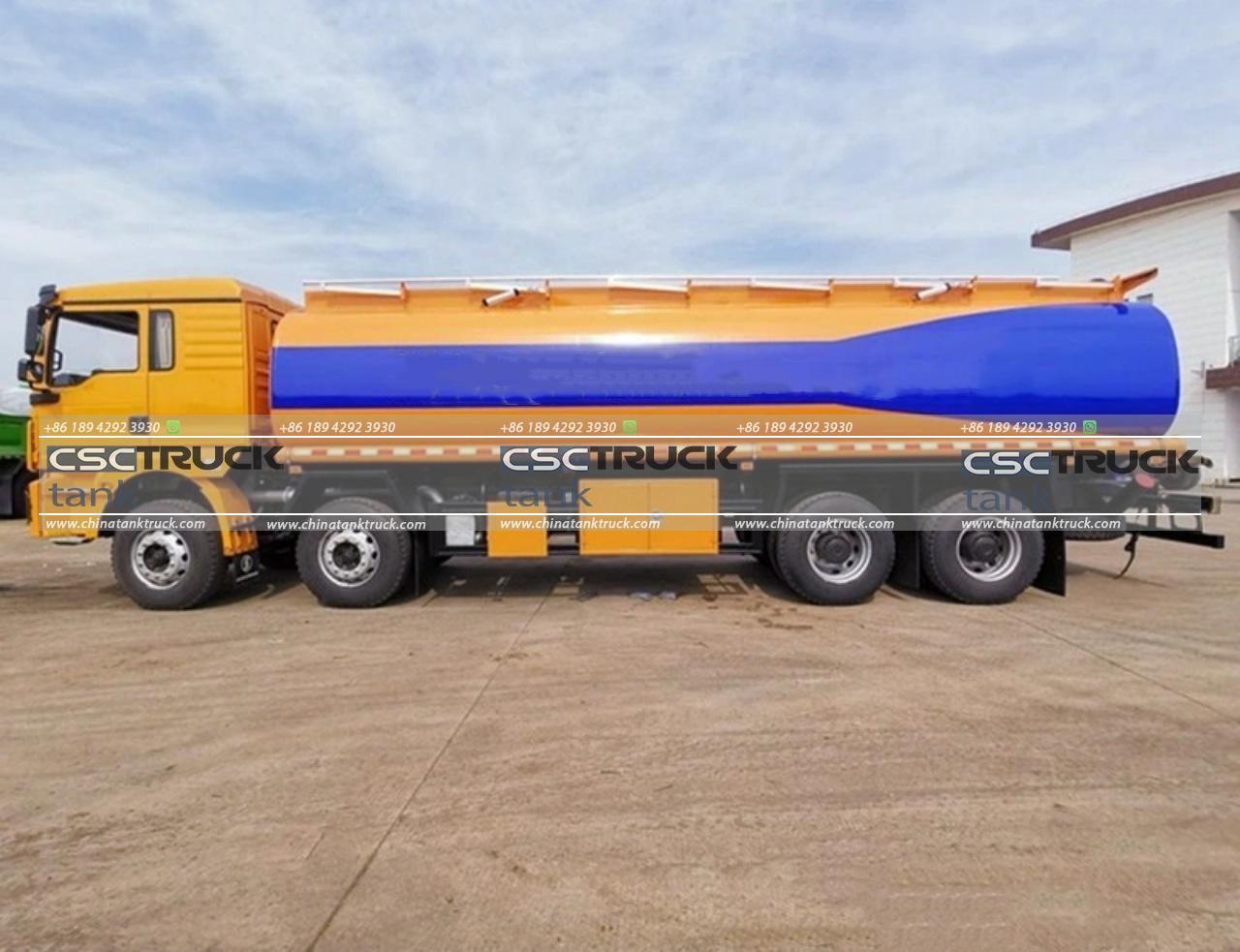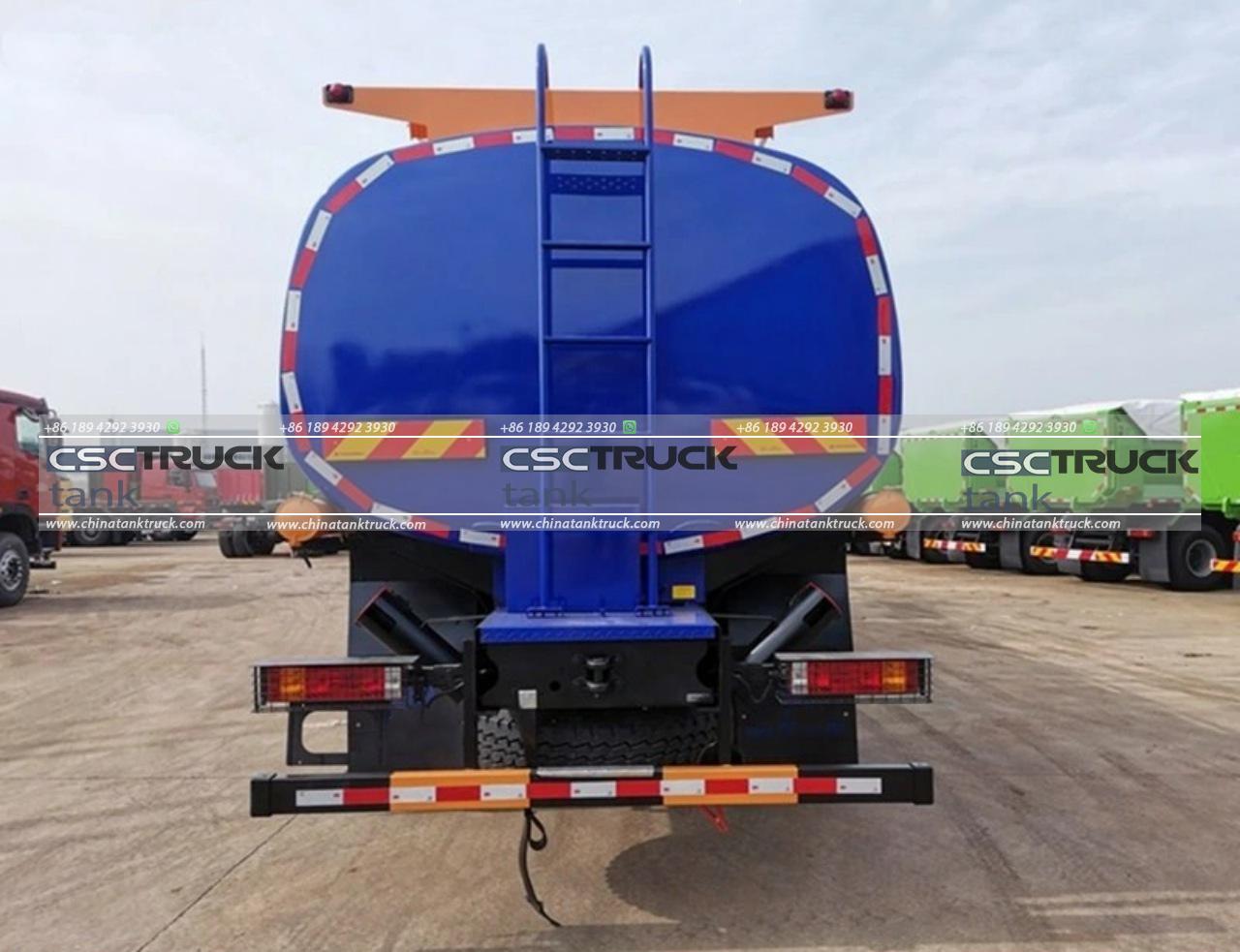The global demand for crude oil continues to rise, driven by the needs of various industries including energy, transportation, and manufacturing. This surge in demand necessitates efficient and reliable transportation solutions to move crude oil from extraction sites to refineries and other destinations. One of the most effective means of achieving this is through the use of crude oil tank trucks. These specialized vehicles are designed to handle the unique challenges associated with transporting crude oil, ensuring safety, efficiency, and cost-effectiveness. This article explores the benefits, features, and considerations associated with crude oil tank trucks for sale.
The Importance of Crude Oil Transportation
Crude oil is a vital resource, but its transportation poses several challenges due to its volume, weight, and the potential hazards associated with spills and leaks. Efficient transportation is essential for maintaining the supply chain, minimizing environmental impact, and reducing operational costs. Crude oil tank trucks play a crucial role in this logistical framework, offering a versatile and reliable solution for moving crude oil from production sites to refineries and storage facilities.

Features of Modern Crude Oil Tank Trucks
Modern crude oil tank trucks are engineered with a host of features designed to enhance safety, efficiency, and reliability. Key features include:
1. Robust Construction: These trucks are built with high-strength materials that can withstand the heavy weight of crude oil and resist corrosion. The tanks are typically made from stainless steel or aluminum alloys, which offer durability and longevity.
2. Advanced Sealing Systems: To prevent leaks and spills, crude oil tank trucks are equipped with advanced sealing systems. These include secure lids, gaskets, and valves that ensure a tight seal, reducing the risk of environmental contamination.
3. Insulation and Heating: Some crude oil tank trucks are designed with insulation and heating systems to maintain the temperature of the crude oil, preventing it from becoming too viscous during transportation. This is particularly important in colder climates where crude oil can thicken and become difficult to pump.
4. Safety Features: Safety is paramount in crude oil transportation. Modern tank trucks are equipped with safety features such as emergency shut-off valves, anti-rollover devices, and fire suppression systems. Additionally, they often include advanced braking systems and stability control to enhance safe handling on the road.
5. Capacity and Configuration: Crude oil tank trucks come in various sizes and configurations to meet different transportation needs. They range from smaller trucks suitable for short-distance hauls to large multi-axle vehicles designed for long-distance transport. The tanks can be compartmentalized to carry different grades of crude oil simultaneously, optimizing efficiency.
6. Technological Integration: Many modern tank trucks are integrated with GPS tracking and telematics systems. These technologies enable real-time monitoring of the truck’s location, speed, and other vital parameters, enhancing operational efficiency and safety management.
Benefits of Using Crude Oil Tank Trucks
The use of crude oil tank trucks offers several benefits for companies involved in the oil industry:
1. Flexibility: Tank trucks provide a high degree of flexibility compared to other transportation methods like pipelines or rail. They can access remote or geographically challenging areas where other forms of transport may not be feasible.
2. Cost-Effectiveness: For shorter distances, tank trucks can be more cost-effective than pipelines or rail transport. They eliminate the need for significant infrastructure investments and can be quickly deployed.
3. Speed and Efficiency: Tank trucks can transport crude oil directly from extraction sites to refineries without the need for intermediate handling, reducing transit times and associated costs.
4. Reduced Environmental Impact: With stringent safety features and advanced sealing systems, modern tank trucks minimize the risk of spills and leaks, helping to protect the environment.
5. Versatility: Crude oil tank trucks can be used for a variety of transportation needs, including delivering crude oil to refineries, storage facilities, and even directly to end-users in some cases.

Considerations When Purchasing Crude Oil Tank Trucks
When looking for crude oil tank trucks for sale, there are several critical factors to consider:
1. Regulatory Compliance: Ensure that the tank truck complies with all relevant regulations and standards, including those related to safety, environmental protection, and transportation.
2. Capacity Needs: Assess your transportation needs to determine the appropriate tank size and configuration. Consider factors such as the volume of crude oil to be transported and the distance of hauls.
3. Build Quality: Evaluate the construction quality of the tank truck, including the materials used and the robustness of the sealing systems. A high-quality build ensures longevity and reliability.
4. Safety Features: Prioritize trucks with comprehensive safety features to protect both the cargo and the driver. This includes emergency shut-off valves, stability control, and fire suppression systems.
5. Maintenance and Support: Consider the availability of maintenance services and support from the manufacturer or dealer. Regular maintenance is crucial for ensuring the continued safe operation of the tank truck.
6. Technological Advancements: Look for tank trucks equipped with modern technology such as GPS tracking and telematics systems. These features can enhance operational efficiency and safety.

Conclusion
Crude oil tank trucks are an essential component of the global oil transportation infrastructure. They offer a flexible, cost-effective, and efficient solution for moving crude oil from production sites to refineries and storage facilities. With advanced safety features, robust construction, and modern technological integration, these trucks ensure that crude oil is transported safely and efficiently, minimizing the risk of environmental impact.
When considering the purchase of crude oil tank trucks, it is essential to evaluate factors such as regulatory compliance, capacity needs, build quality, safety features, maintenance support, and technological advancements. By carefully selecting the right tank truck, companies can enhance their transportation capabilities, reduce operational costs, and contribute to a safer and more efficient oil supply chain.
In conclusion, crude oil tank trucks represent a critical investment for any company involved in the extraction, transportation, and processing of crude oil. Their role in ensuring the reliable and safe movement of this vital resource cannot be overstated, making them an indispensable part of the energy industry’s logistics network.

